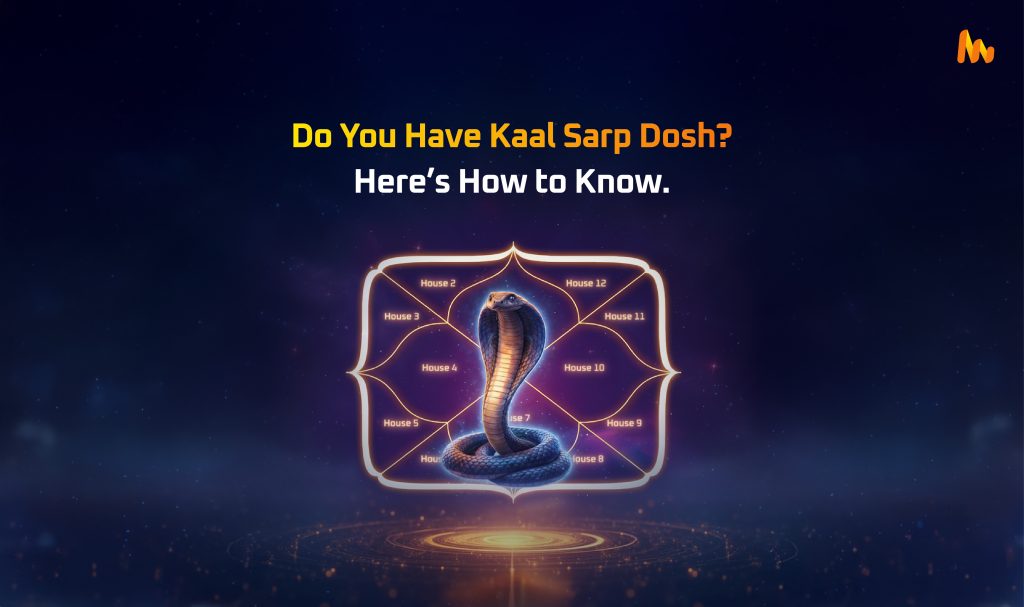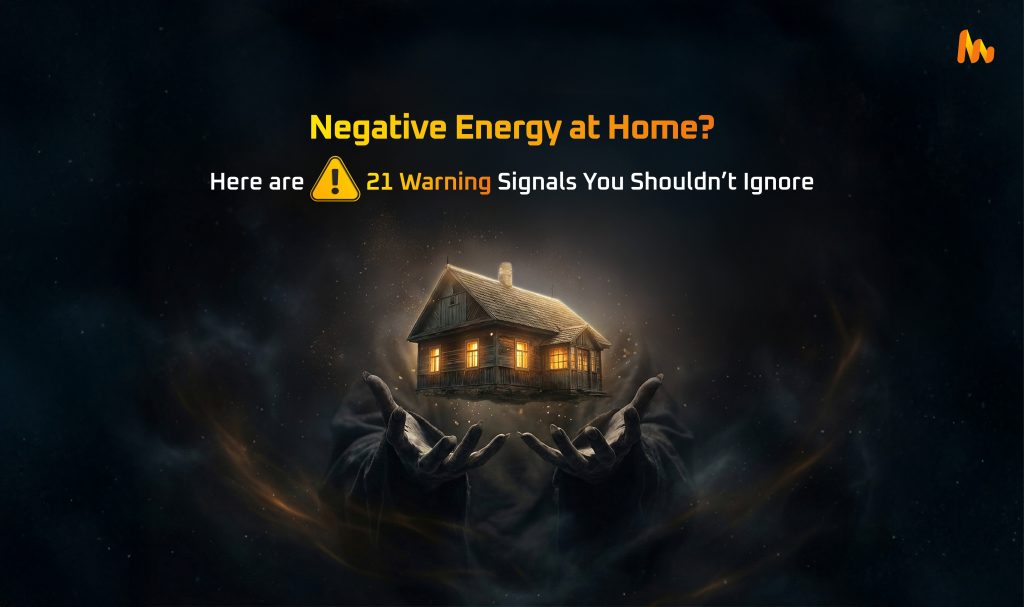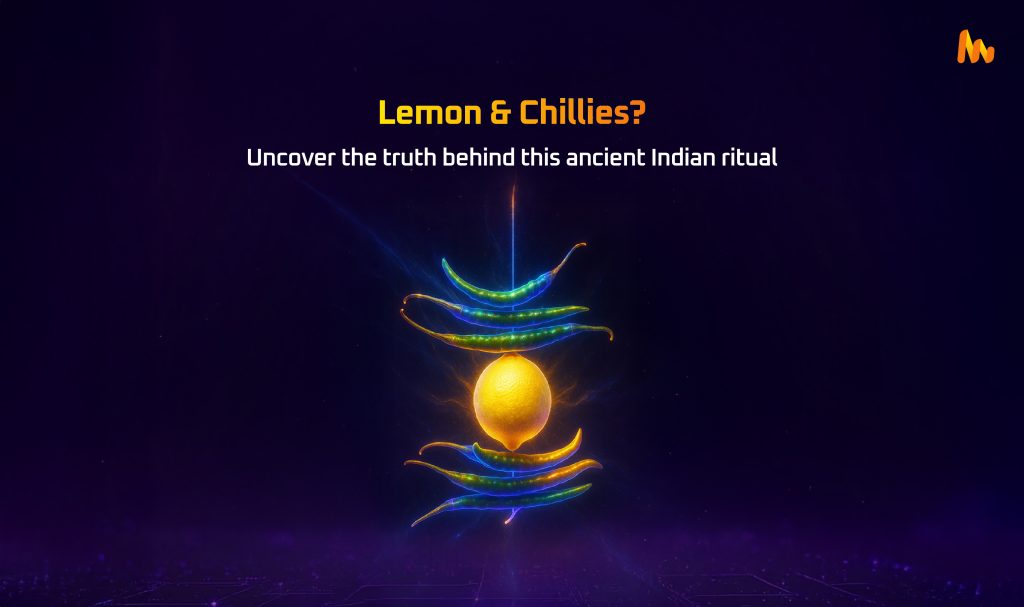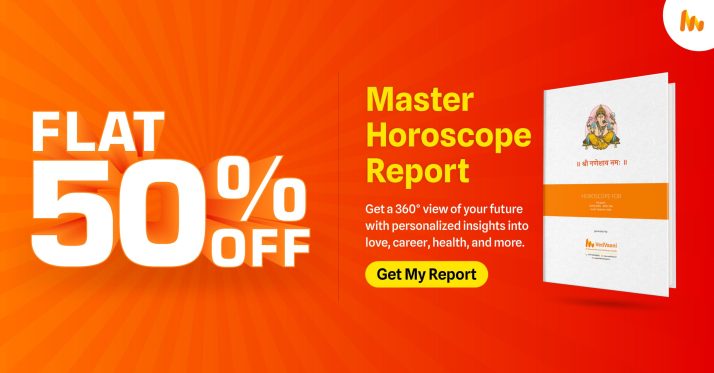Astrology has been around for thousands of years, weaving its way into cultures, religions, and traditions across the globe. From royal courts in ancient civilizations to smartphone apps in today’s digital world, astrology continues to hold a strange yet undeniable power over human imagination. But have you ever wondered why people believe in astrology? What makes millions turn to horoscopes, birth charts, and planetary alignments for answers?
The answer is not as simple as “faith” or “tradition.” Instead, it’s a fascinating mix of science, psychology, and human curiosity. Let’s dive deep into why astrology still captivates people in the 21st century.
The Ancient Roots of Astrology
Astrology dates back to Babylonian civilization around 2,400 years ago, when celestial patterns were first recorded to predict seasonal changes and significant events. The Greeks later refined it into the zodiac system, and cultures across India, China, and Egypt built their own forms of astrological wisdom.
In Vedic astrology (Jyotish), for instance, the position of planets at the time of birth is believed to shape one’s destiny, personality, and life events. Unlike Western astrology, which largely focuses on Sun signs, Vedic astrology takes into account the Moon, ascendant, and complex planetary movements.
What’s important here is not just the predictions themselves but the sense of connection astrology gives. It ties humans to the cosmos, suggesting that we’re not isolated beings but part of a larger, universal rhythm.
The Psychology of Belief in Astrology
Even in today’s scientific world, astrology thrives. Studies suggest that over 30% of people in the world regularly check their horoscopes. Why? Psychology provides some answers:
1. The Search for Meaning
Life can feel chaotic and unpredictable. Astrology offers structure—an explanation for why things happen. When Mercury is in retrograde, instead of blaming yourself for communication breakdowns, you can externalize the cause. This makes difficulties easier to accept.
2. The Forer (Barnum) Effect
In psychology, the Barnum effect explains why people relate strongly to vague or generalized statements. A line like “You are caring but sometimes misunderstood” could apply to almost anyone, yet people feel it’s specifically about them. Astrology thrives on this effect by providing statements broad enough to feel personal.
3. Control in Uncertainty
During stressful or uncertain times, belief in astrology increases. For example, studies show spikes in horoscope readership during economic downturns or global crises. Astrology gives people the comfort of perceived control—even if it’s symbolic.
4. Self-Reflection and Identity
Astrology allows individuals to explore their personalities. When you read about being a “Leo—confident, loyal, fiery,” you may reflect on your strengths and weaknesses. It acts as a mirror, encouraging self-discovery and even growth.
5. Community and Belonging
Astrology creates communities. Whether it’s friends joking about “typical Virgo behavior” or online astrology groups sharing daily horoscopes, it fosters connection. Humans naturally crave belonging, and astrology provides a shared language.
The Science vs. Astrology Debate
Here’s the big question: Is there any science to astrology?
Scientists generally argue that astrology lacks empirical evidence. Controlled experiments show that astrologers often cannot predict outcomes better than chance. From a strictly scientific perspective, celestial positions shouldn’t logically influence human behavior.
Yet dismissing astrology entirely misses the point. Science itself has acknowledged that placebo effects and belief systems can influence human behavior and health outcomes. If believing in astrology reduces stress, gives hope, or motivates positive action, then its impact is real—even if not cosmically determined.
Also, some astrologers argue that modern science hasn’t yet discovered the subtle forces that connect the cosmos and human life, much like how gravity was once invisible until proven. Whether or not that’s true, it keeps the mystery alive.
Astrology in the Modern Digital Age
Astrology has had a massive revival in the past decade, especially among millennials and Gen Z. Why?
- Social Media Influence – Instagram and TikTok are filled with zodiac memes, making astrology fun and relatable.
- Apps & Technology – AI-powered platforms now provide personalized horoscopes, Kundali matching, tarot readings, and more.
- Wellness & Mindfulness Trends – Astrology blends seamlessly into holistic wellness practices, offering emotional balance.
Here, platforms like VedVaani are bridging ancient Vedic wisdom with cutting-edge AI. Imagine chatting with an AI astrologer avatar who deciphers your Kundali, guides you in love or career, and gives you bite-sized insights instantly. For people who crave both tradition and convenience, astrology apps create a perfect middle ground.
The Human Need That Astrology Fulfills
So, when we step back, astrology isn’t really about predicting the future with 100% accuracy. It’s about:
- Making sense of the unknown
- Offering comfort in chaos
- Encouraging self-reflection
- Connecting us to others
- Keeping alive the age-old human fascination with the stars
In that sense, astrology isn’t just about planets—it’s about people.
Skepticism vs. Faith
Of course, astrology has its critics. Skeptics argue it can be misleading or even exploitative when taken too literally. And they’re right—it’s important not to treat astrology as a substitute for science, medicine, or personal responsibility.
But for millions, astrology is not about absolutes. It’s about guidance, perspective, and inspiration. Think of it like poetry—it may not be “scientifically” factual, but it captures truth in another form: symbolic and emotional truth.
Why Astrology Will Always Stay
Astrology has survived centuries of cultural change, wars, scientific revolutions, and even technological disruptions. Why? Because it meets timeless human needs. It makes us feel connected, comforted, and curious.
Whether you’re deeply spiritual or mildly skeptical, astrology has a way of sparking thought, starting conversations, and guiding choices. And as long as humans look up at the stars with wonder, astrology will continue to shine.
Final Thoughts
Believing in astrology isn’t about rejecting science—it’s about embracing another layer of human experience. The planets may not dictate your destiny, but they inspire reflection, growth, and hope.
If you’re curious to explore how astrology can add meaning to your journey—whether through personalized Kundali readings, compatibility checks, or tarot insights—platforms like VedVaani can help you bridge ancient wisdom with modern AI-powered guidance.
After all, the stars may not decide everything, but they sure can help you discover yourself.






